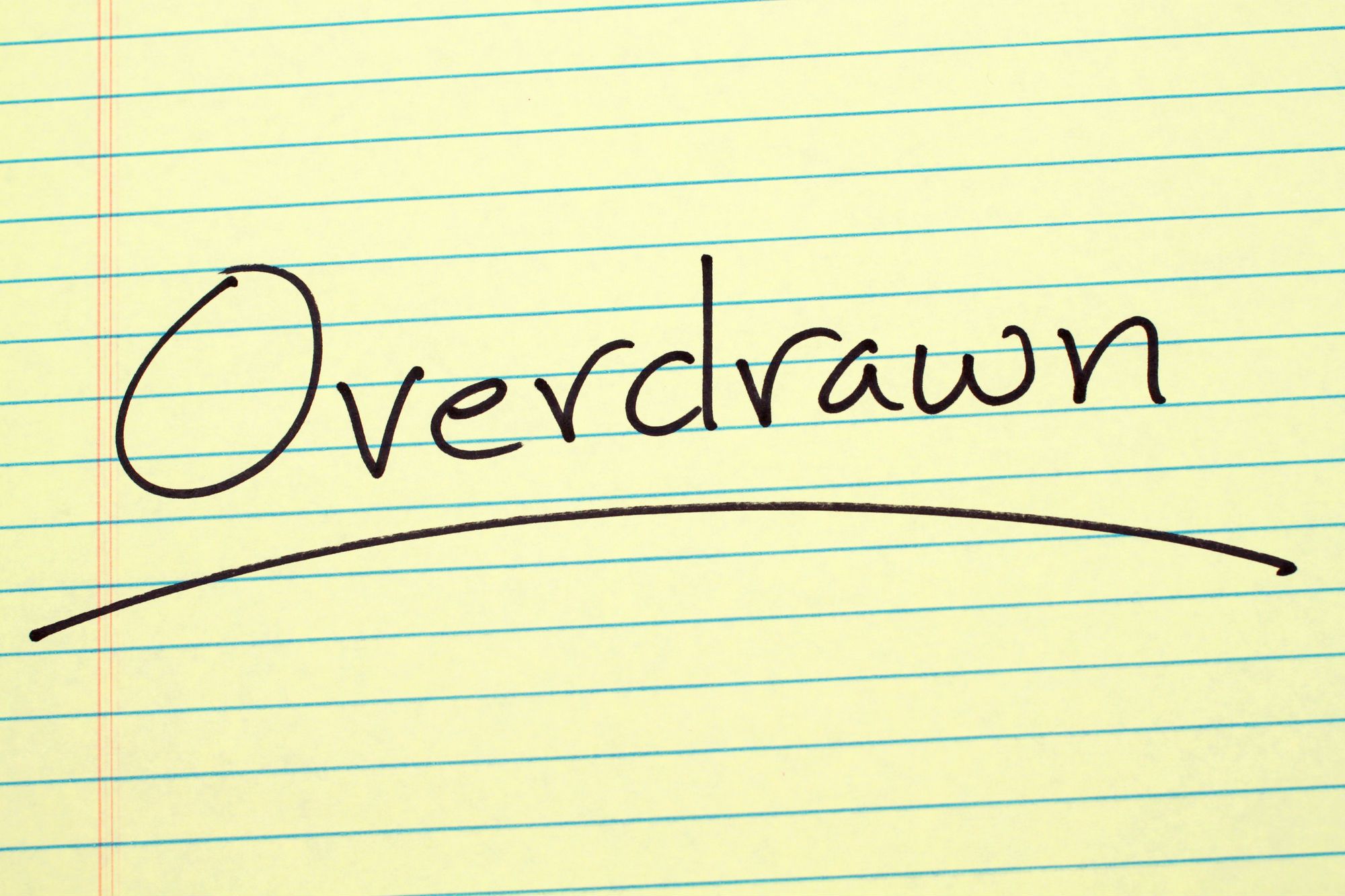Top Class Actions’s website and social media posts use affiliate links. If you make a purchase using such links, we may receive a commission, but it will not result in any additional charges to you. Please review our Affiliate Link Disclosure for more information.
Insufficient funds or non-sufficient funds (NSF) refers to what happens when there’s not enough money in a checking account to cover transactions that have been processed.
The term NSF also refers to a bank fee charged when a check has been presented for payment but the account does not have sufficient funds to cover it, also known as a bounced check. NSF or insufficient funds notices can appear on an ATM receipt or a bank statement when a person attempts to take out more money than is in the account at the time.
Even though banks are permitted to charge insufficient funds fees, some consumers believe that multiple fees have been wrongly assessed when only one should have been charged.
What Makes Something an Improper NSF Fee?
If you or someone you know has been hit with CenterState Bank NSF fees, you are probably curious about whether or not these were accurately charged.
Some CenterState customers have complained about improper NSF fees and one of the most common reasons is when more than one non-sufficient funds fee is charged for a single transaction. In those cases, an NSF fee should have only been assessed once.
Is an NSF Fee Charged on Checks?
Bounced checks or bad checks might also lead to NSF fees. In the event that a bank receives a check that has been written on an account that does not have sufficient funds, the bank can both refuse payment on that check and charge the account holder an NSF fee. The merchant processing the check can also charge a fee or penalty for returned checks.
What Are Typical NSF Fees?
CenterState Bank NSF fees, like all banks, has its own process for charging NSF fees. The average NSF fee in the United States ranges between $27 and $35. If multiple NSF fees are assessed against the same account by CenterState or any bank, the amount can rack up quickly.
A big issue with insufficient funds fees is when a single transaction takes an account into the negative, and the bank uses this as an opportunity to assess multiple NSF fees. It can be difficult for a consumer to get back on track after being hit with multiple NSF fees at the same time, especially if they were charged in error. Also at risk can be the consumer’s credit score.
CenterState Bank NSF fees may be wrongly assessed against a customer’s account if the bank attempts to re-process the transaction after denying it the initial time.
When an NSF fee initially occurs, a customer may have attempted to withdraw money they don’t have from an ATM, or tried to make a purchase that cost more than the money they had in their account. When this happens, the bank will deny the transaction and assess a fee against the account.
Although this initial NSF fee may be fair, some customers claim that what happens next is not. According to customer reports, CenterState Bank and other financial institutions may attempt to re-process the denied transaction again, without authorization or knowledge of the customer. When the transaction is denied for a second time, another NSF fee may be assessed.

According to one woman who filed a class action lawsuit against her bank for charging excessive NSF fees, she was charged three NSF fees for the same denied transaction in December 2019. Despite not authorizing the bank to continue attempting to process the transaction after the first failure, the bank allegedly tried two more times. The fees from these additional attempts totaled more than $100, more than the $88 item she had attempted to purchase in the first place.
What Should I Do If NSF Fees Were Wrongly Charged?
If you believe that NSF fees were applied to your bank account unfairly or illegally, the first thing you should do is gather evidence from your bank statements. You may want to discuss the fees in question with an attorney who can tell you more about whether or not it was a violation of your bank’s practices.
If you or someone you know has had to pay multiple CenterState Bank NSF fees when only one should have been charged, or have other concerns with other banks, you can discuss this practice with an experienced attorney. Top Class Actions can help connect you with a lawyer experienced in handling claims related to improper NSF fees.
Join a Free NSF Fee Class Action Lawsuit Investigation
You may qualify to join this NSF fee class action lawsuit investigation if you were unfairly charged NSF fees by one of these banks:
- Bancfirst
- Bell Bank
- Busey Bank
- Center Bank
- CenterState Bank
- Flagstar Bank
- Glacier Bank Wings Federal Credit Union
- Hudson Valley Credit Union
- Midwest One
- NBT Bank
ATTORNEY ADVERTISING
Top Class Actions is a Proud Member of the American Bar Association
LEGAL INFORMATION IS NOT LEGAL ADVICE
Top Class Actions Legal Statement
©2008 – 2024 Top Class Actions® LLC
Various Trademarks held by their respective owners
This website is not intended for viewing or usage by European Union citizens.
















4 thoughts onHow Do CenterState Bank NSF Fees Work?
How do we get information if we get a settlement
I was charged several fees by CenterState bank. I have to close my about owing a large balance.
TD in passed charge my husband and centerstate are charged me now
TD Bank literally charged me over $800 in one month which was my rent, no mercy, no solution when I knew legally I could request stop payment in person, solution I closed the account, not justice